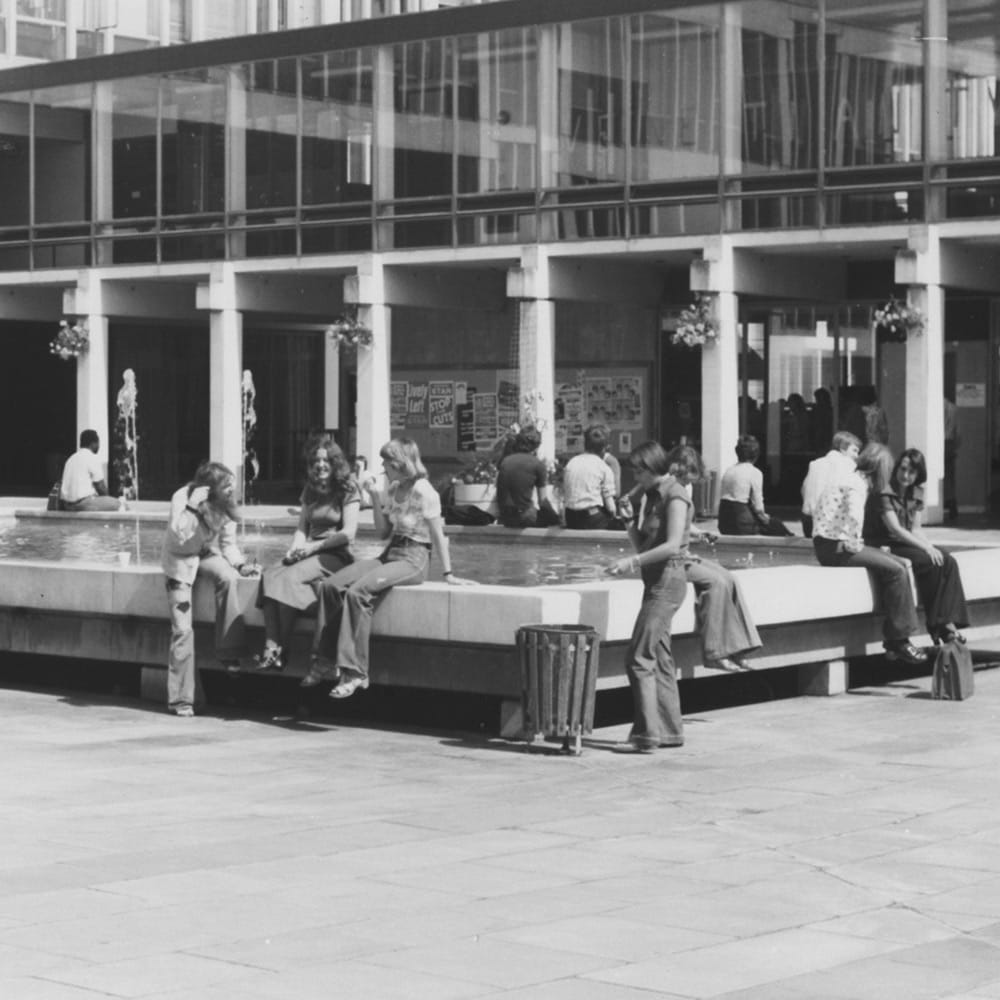History and Memory: a different approach to the past
First written by Miles Clayton, third year BA History student for the Histoy at Essex blog.
For me, the most enlightening aspect of studying history at university is that I have realised there is more than one way to access the past. As much as historians can, and should, rely upon sources produced at the point in time they are studying, memories provide a fascinating alternative angle into history.
Until I came to the University of Essex, it did not occur to me that personal memories recalled years after an event or period in time could be used as a valid primary source. I only came to this realisation in a second-year lecture by Dr. Matthew Grant, where he talked about oral history. This short, hour-long lecture sparked a personal interest in the use of memory for a historical purpose, which I have made sure to utilise in any way I possibly can. However, I soon discovered that memory in history can be used in more than one way.
For my dissertation, I decided to collect oral histories from members of the public who had been children living in Britain during the Second World War. By using these firsthand accounts, albeit over seventy-five years on, I looked to show how children were able to derive enjoyment from the upheaval brought about by total war. In this way, memories from a specific point in time offered me an alternative perspective on the past.
During the lockdown that has resulted from the Covid-19 pandemic, I have written a weekly blog for History Indoors, an online resource run by PhD students in the Essex History Department, which gives the public access to historical talks whilst we are all stuck at home. Much to my delight, I was pretty much given a free reign over what I wrote for these blog posts; consequently, I decided that I wanted to explore the different ways that memory can be used in history.
Consequently, with some expert help from Professor Lucy Noakes, I wrote a piece for History Indoors about how and why the British public remember the First World War and Second World War so differently. This allowed me to look at how the memory of an event or period in time, as opposed to memories from that time, can provide useful historical insights. By looking at how various historical events are remembered today, historians are able to investigate how a particular period in time carries social, historical significance today.
For example, by looking at how and why the World Wars are remembered in a different manner in modern day Britain, I became aware of how the two different conflicts held differing levels of significance for the country. Whereas the First World War was primarily fought in continental Europe against an enemy that needed to be beaten, the Second was fought at both home and abroad, against an enemy that needed to be annihilated to ensure the survival of our island nation. Therefore, the Second World War has assumed greater prevalence in our national history as it was a necessary victory, but you could argue that this was not necessarily true for the First.
Studying a degree in Modern History at the University of Essex, enabled me to access a whole new route into the past. This is particularly significant considering that I am now going on to pursue a career in teaching history; in the future, hopefully I will be able to utilise memory in the history classroom, and show my students how history is a rich, diverse, accessible subject. Without the Essex History Department, this would not have been possible.
